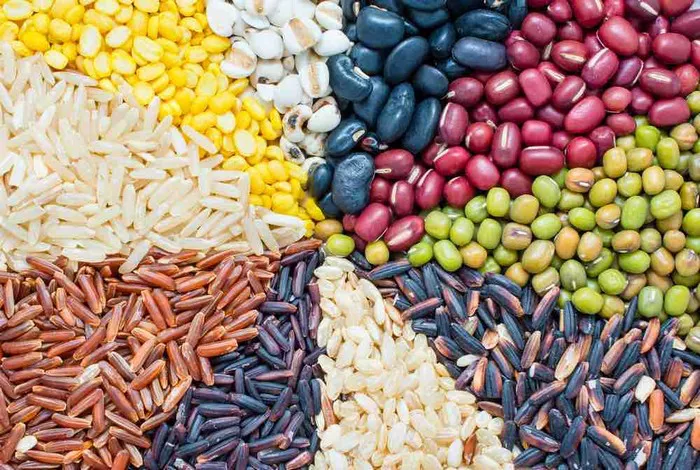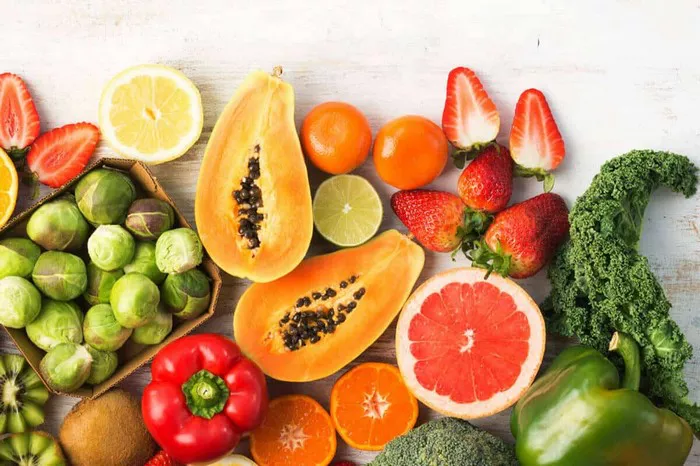Porridge, a humble yet versatile breakfast staple, has been enjoyed by cultures around the world for centuries. Made from grains such as oats, wheat, rice, or corn, porridge is valued for its comforting warmth, satisfying texture, and nourishing properties. While porridge is commonly known for its carbohydrate content, it also contains a notable amount of protein, making it a valuable addition to a balanced diet. In this comprehensive article, we’ll explore the protein content of porridge, its nutritional benefits, and how to maximize its protein content for optimal health and wellness.
Unraveling the Protein Content of Porridge
Porridge is primarily made from grains, which are naturally rich in carbohydrates but also contain varying amounts of protein. The protein content of porridge depends on several factors, including the type of grain used, the serving size, and any additional ingredients added during preparation. Oats are one of the most commonly used grains for making porridge, and they offer a moderate amount of protein compared to other grains.
On average, a one-cup serving (approximately 240 milliliters) of cooked oatmeal contains around 6 grams of protein. However, the protein content may vary slightly depending on factors such as the variety of oats (rolled oats, steel-cut oats, instant oats), the cooking method, and any toppings or mix-ins added to the porridge.
In addition to oats, other grains commonly used for making porridge, such as wheat, rice, and corn, also provide protein, although in varying amounts. For example, a one-cup serving of cooked wheat porridge contains approximately 7 grams of protein, while the protein content of rice or corn porridge may be slightly lower, ranging from 3 to 5 grams per serving.
The Importance of Protein in Porridge
Protein is an essential nutrient that plays a vital role in the body’s structure, function, and overall health. It is made up of amino acids, which are the building blocks of cells, tissues, muscles, enzymes, hormones, and antibodies. Including an adequate amount of protein in your diet is crucial for supporting various physiological processes, including:
Muscle Growth and Repair: Protein provides the necessary amino acids for building and repairing muscle tissue, making it essential for individuals who are physically active or looking to maintain muscle mass.
Satiety and Weight Management: Protein has been shown to increase feelings of fullness and satiety, which can help regulate appetite, reduce calorie intake, and support weight management efforts.
Blood Sugar Control: Protein helps stabilize blood sugar levels by slowing down the absorption of carbohydrates, preventing rapid spikes and crashes in blood glucose levels.
Bone Health: Protein is involved in the formation and maintenance of bone tissue, contributing to bone strength and density and reducing the risk of osteoporosis and fractures.
Immune Function: Protein plays a critical role in supporting immune function by producing antibodies and immune cells that defend against infections and illnesses.
Incorporating protein-rich foods such as porridge into your diet can help ensure that you meet your daily protein needs and reap the numerous health benefits associated with this essential nutrient.
Maximizing the Protein Content of Porridge
While porridge provides a moderate amount of protein on its own, there are several ways to boost its protein content and enhance its nutritional value:
Add Protein-Rich Toppings: Incorporate protein-rich toppings such as nuts, seeds, nut butter, Greek yogurt, or cottage cheese to your porridge to increase its protein content. These additions not only add flavor and texture but also provide additional nutrients such as healthy fats, fiber, vitamins, and minerals.
Use Milk or Plant-Based Milk Alternatives: Cook your porridge with milk or plant-based milk alternatives such as almond milk, soy milk, or oat milk instead of water to increase its protein content. Dairy milk is particularly rich in protein, providing around 8 grams per cup, while plant-based milk alternatives may vary in protein content depending on the brand and variety.
Incorporate Protein Powder: Boost the protein content of your porridge by adding a scoop of protein powder, such as whey protein, pea protein, or hemp protein. Simply stir the protein powder into your cooked porridge until well combined for an extra protein boost.
Mix in Egg Whites: For a protein-packed breakfast option, whisk egg whites into your porridge while it’s cooking to add additional protein without altering the taste or texture significantly. Stir continuously to prevent the egg whites from clumping and cook until fully incorporated.
Experiment with Protein-Rich Grains: Explore alternative grains such as quinoa, amaranth, or buckwheat, which are higher in protein compared to traditional grains like oats, wheat, rice, or corn. Cook these grains as you would oatmeal and enjoy a protein-rich porridge alternative.
By incorporating these simple tips and strategies, you can transform your everyday porridge into a protein-packed powerhouse that supports your health and well-being.
Conclusion
Porridge is not only a comforting and nutritious breakfast option but also a valuable source of protein that can contribute to a balanced diet and overall health. By understanding the protein content of porridge and its importance in supporting various physiological functions, individuals can make informed dietary choices to optimize their protein intake and achieve their health and wellness goals. Whether enjoyed plain or customized with protein-rich toppings and additions, porridge offers a versatile and delicious way to fuel your body and start your day on the right foot.
[inline_related_posts title=”You Might Be Interested In” title_align=”left” style=”list” number=”6″ align=”none” ids=”7255,7120,7117″ by=”categories” orderby=”rand” order=”DESC” hide_thumb=”no” thumb_right=”no” views=”no” date=”yes” grid_columns=”2″ post_type=”” tax=””]
































